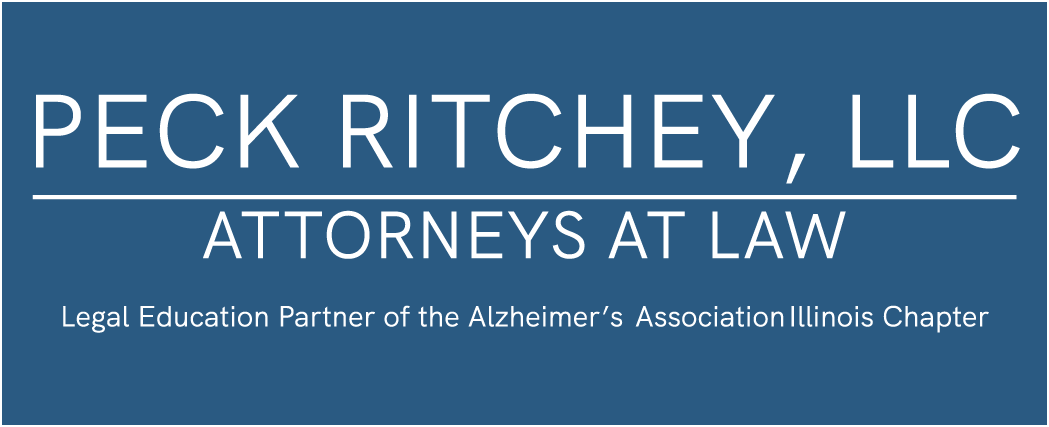As we live longer, we are sometimes less able to make sound decisions or care for ourselves. It’s in situations like this that guardianships, also known as conservatorships in the case of older adults, come in to play.
Senior Guardianships
Guardianships and conservatorships are court-ordered arrangements where a capable adult is given the responsibility of managing another adult’s financial, healthcare or household affairs. They are commonly set up between children and their senior parents in situations where the parent is no longer able to make reasonable decisions on his or her own. In some cases, the parent has set up an advance directive which specifies who is to care for them when the time comes that they need a guardian or caretaker. It might even specify one person to manage their finances and another to manage their day-to-day life decisions or healthcare choices. Advance directives give the senior control over who will be responsible for him, but they must be set up well before they are needed.
More often than not, however, guardianship requests are brought before the court when it becomes apparent that the senior cannot care for him or herself any longer. In cases like these, the court makes the ultimate decision on who will be the guardian and what his or her responsibilities will be.
Protecting Seniors Through Guardianship Law
Seniors who are incapable of making sound decisions for themselves run the risk of being manipulated and/or abused by friends, family and strangers alike. Guardianship law helps avoid these types of situations. Guardianship law helps protect a person’s assets and finances from mismanagement or theft by giving responsibility for such to a court-appointed custodian. Likewise, seniors’ healthcare and living decisions are protected under guardianship law when a guardian is responsible for the decision-making.
Types Of Guardianships
There are three basic types of adult guardianship arrangements: Guardian of the Person, the Estate of Property and Plenary Guardian.
A Guardian of the Person oversees their charge’s health. They manage all aspects of healthcare from making appointments to paying medical bills and dealing with insurance. Guardians of the Person might work with assisted living facilities to manage living and care arrangements. This type of caretaking is common to advance medical directives.
Guardians of the Estate or Property manage their ward’s property, assets and finances. They might handle taxes and tax payments, the distribution and property and paying day-to-day expenses and bills.
A Plenary Guardian is a combination of the above-mentioned guardianships. Under guardianship law, plenary guardians manage nearly all aspects of their charge’s life.
Creating A Guardianship With Help From Your Peck Ritchey Attorney
To set up a guardianship or conservatorship, a formal request must be brought before the court. As expected when you are talking about managing someone else’s life for them, it is not a simple process, which is why working with a lawyer experienced in guardianship law is so highly recommended.
At Peck Ritchey our guardianship lawyers assist their clients every step of the way. From the initial filing of the legal papers to representing the client at court hearings, your guardianship law attorney will be a resource you can count on to guide you through the nuances of the legal process.
Even before papers are filed, you can expect your Peck Ritchey attorney to advise you of all of your options. Conservatorships are not the only way to protect seniors. Powers of attorney, trusts and estate planning are just a few of the tools available to you if you want to avoid guardianships or if you are denied a guardianship request.
Working with one of our experienced elder care attorneys will make the process easier and ensure you’re choosing the best course of action for everyone involved. Our attorneys can help capable seniors set up advance care directives or they can help concerned relatives create a guardianship for their loved ones.














